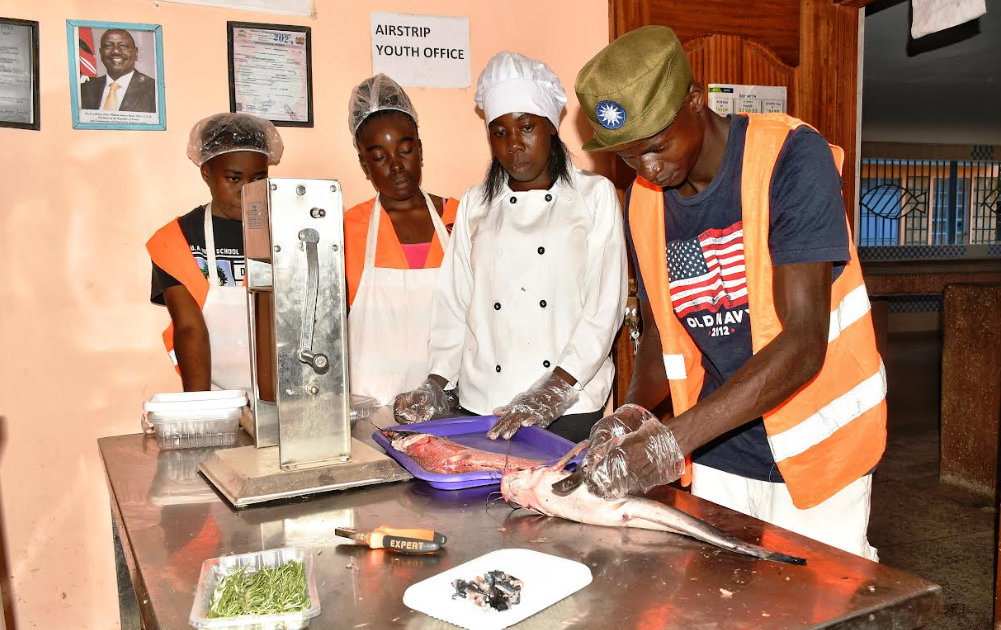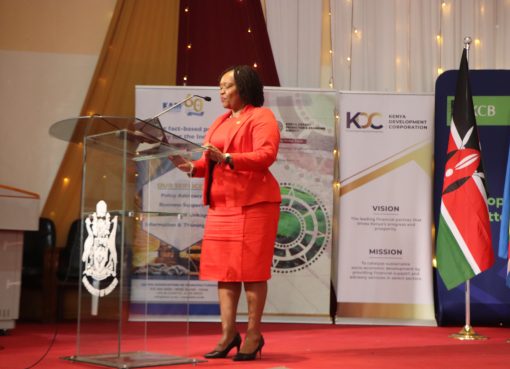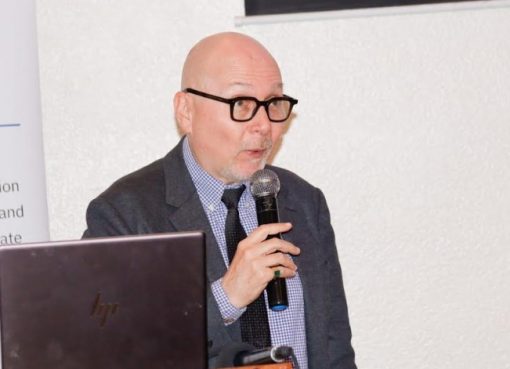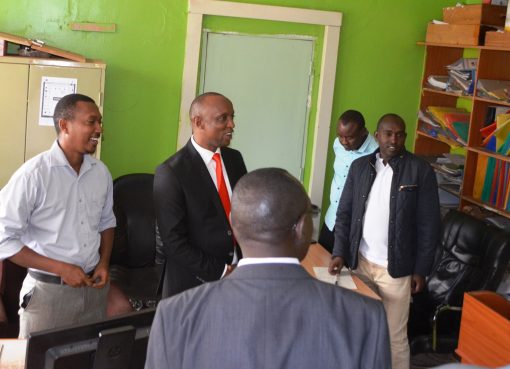The fisheries sector is an important component of Kenya’s economy, which statistics indicate it contributes about 0.7 per cent of the Gross Domestic Product (GDP) in foreign exchange earnings and job creation.
This is mainly earned through the sale of fish and fish products, and the sector is not only vital to the economy but also significant in subsidising dietary needs and nutrition of Kenyans.
Data shows that during the year 2022, a total of 173,741 metric tonnes (MT) of fish worth Sh37.6 billion was produced in the country. This production dipped a bit in 2023, where the production value of fish was Sh35.9 billion (around 277.2 million U.S. dollars) with a production of roughly 161,000 metric tonnes of fish.
Freshwater fish accounted for the largest quantity of the fish landings, with 121,000 metric tonnes in that year of 2023. Moreover, some 40,000 metric tonnes of fish from marine sources were produced in the country in that period. This reduction was mainly due to dwindling fish stocks in our water bodies.
Lake Naivasha has been one of the water bodies supporting the fisheries sector in the country. The freshwater lake has for years been supporting thousands of families, who depend on the lake resources while contributing to the economic development of the lakeside town.
Only five species of fish are present in the lake, all of which have been introduced. They are Oreochromis leucostictus, Tilapia zillii, Micropterus salmoides (largemouth bass), Barbus amphigramma, and Poecilia reticulata (guppy).
The county of Nakuru, as of December last year, recorded a fish catch weighing a total of 2,045,856 kilograms of fish catch valued at Sh247,621,663 from the lake, with Tilapia species as the most common fish, according to the data captured.
A group of youths in Naivasha is now doing value addition of the fish from the lake and surrounding fish farms by making fish sausages, fillets, fish burgers, and other products to enhance the nutritional appeal of fish, with support from Nakuru County government and other development partners such as the Food and Agriculture Organisation (FAO) and the Global Alliance for Improved Nutrition (GAIN) through the Sun Business Network (SBN).
Scaling up Nutrition Business Network (SUN-SBN) is the private sector platform that aims to support businesses to integrate and improve nutrition within the various food products. It was established in 2012 and convened by the United Nations World Food Programme (WFP) and the Global Alliance for Improved Nutrition (GAIN).
Led by their chair, David Moody Agonga, the group of 15 youth calling themselves the Airstrip Blessed Youth Group, which has been in operation for only two years, is making strides in value addition to produce fish products, which they sell in the counties of Nyeri, Nairobi, and Narok as they seek to expand their market base.
Agonga says the group came together by contributing Sh5,000 each to start this business, and within the short time they have been in operation, the business is already raking in at least Sh60,000 every month. They have undergone capacity building to prepare and package products that meet the international market standards.
The plant at Central Beach, in the Viwandani ward in Naivasha, has been equipped with state-of-the-art facilities such as freezers, among others, thanks to development such as GAIN through SBN. The group, with support from Nakuru County and the partners, seeks to harness the nutritional value of fish products and market them through proper research to attract better prices.
The group, which has five males and 10 females, also packages fried and fresh fish for the market, and the future is bright, as these young people have a vision to expand the business and have their products marketed in every part of the country and, if possible, regionally.
“As we look at reaching out to new markets, we are also looking at a possibility of coming up with fish flour, which is used a lot in tourist hotels around the lake. We are also looking at doing recycling of fish waste, as Naivasha is known to produce a sizable chunk of them into the environment,” the group chair says.
Airstrip Youth sells their fish sausages at Sh35 a piece on wholesale and fish fillet at Sh600 per kilogram on wholesale, and the price of packaged fish too depends on the weight of fish.
Agonga, however, decries the high costs of electricity and other overheads and notes that they are looking at ways of using alternative sources of power like solar energy to cut down on costs.
All these are in line with the government agenda, which fosters fast-tracking the realisation of the Kenya Vision 2030, focusing on the five pillars, which include Agricultural Transformation; Micro, Small, and Medium Enterprise (MSME) Economy; Healthcare; Housing and Settlement; and Digital Superhighway and Creative Industry.
Thus the project by the youth in Naivasha is a step in the right direction as the government is looking forward to increasing fish production through encouraging aquaculture, provision of seed (fingerlings) to farmers, and establishment of centres of excellence where farmers can get quality seed.
This means there will be more fish catches in the future, which will require efforts like the one made by the Naivasha group in order to provide the nation better nutrition.
Key aspects of the BETA agenda related to fish value addition include the promotion of aquaculture, which comprises the expansion of fish farming to enhance production, particularly in counties with high aquaculture potential.
The government also supports fish farmers through subsidised feeds, improved fingerlings, and training on modern farming techniques and infrastructure development, where the establishment and upgrading of fish processing facilities in key fishing regions such as Lake Victoria, the Coast, and inland fish-farming zones is being done and investment in cold storage facilities and value chain logistics to reduce post-harvest losses.
Through BETA Agenda, market access and export promotion for the fisheries sector are being prioritised through the development of local and international markets for Kenyan fish products, including processed and packaged fish and partnerships cultivated with private sector players to promote fish as a high-value export commodity.
The government is also encouraging the processing of fish into high-value products such as fillets, canned fish, fish oil, and fishmeal for animal feed and the promotion of artisanal processing methods like smoking and drying, particularly for local consumption.
BETA Agenda has also embraced training of local communities on fish handling, packaging, and value addition techniques to improve product quality and empower women and youth in fishing communities to engage in value-adding activities, besides the implementation of policies to curb overfishing and promote sustainable practices in marine and inland fisheries through eco-friendly aquaculture practices to protect aquatic ecosystems.
Kenya has a fish supply deficit of 50,000 metric tonnes, which is projected to increase to 75,000 metric tonnes by 2030 if annual per capita fish consumption remains constant at 4.3 kg.
By Mabel Keya Shikuku





